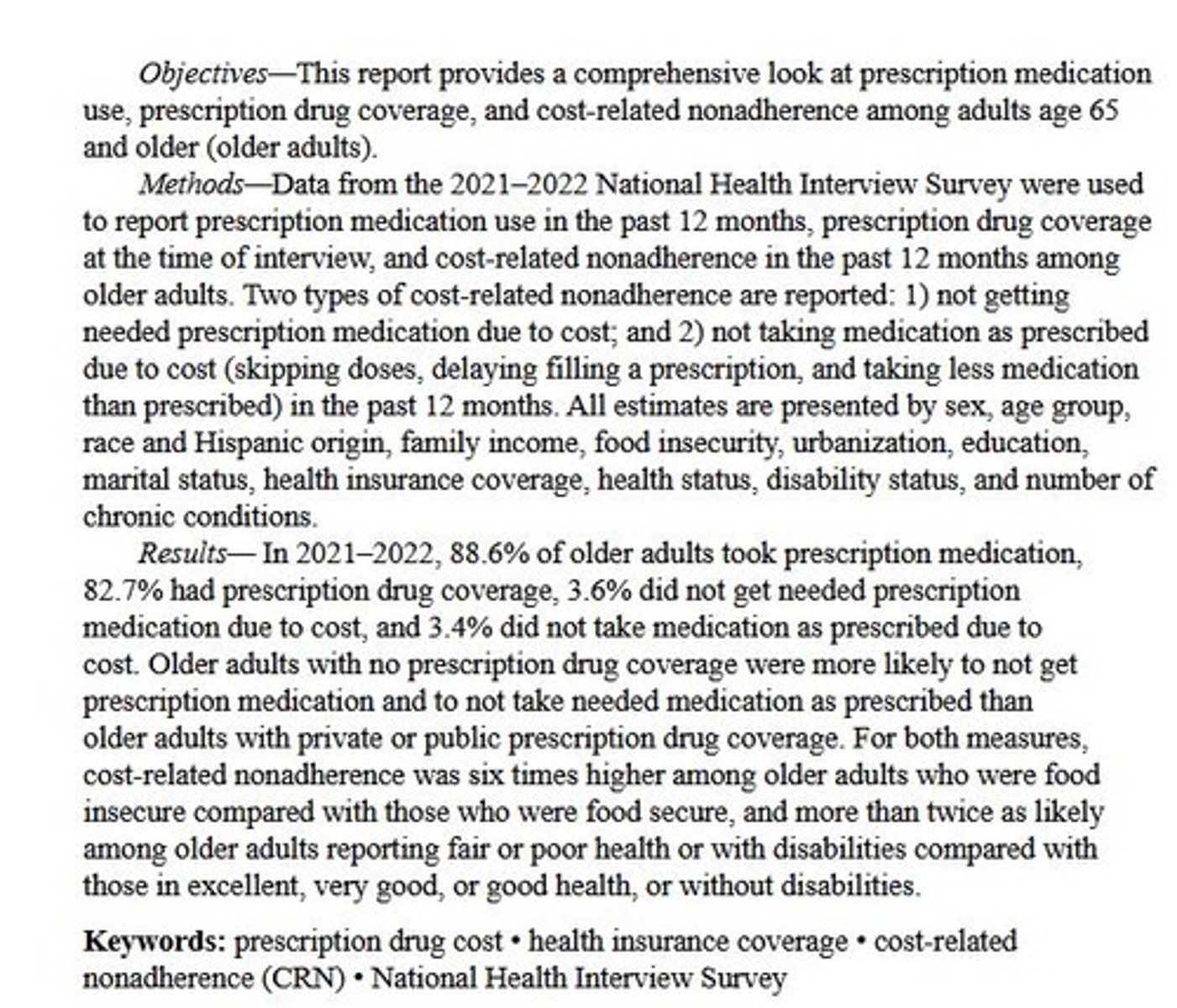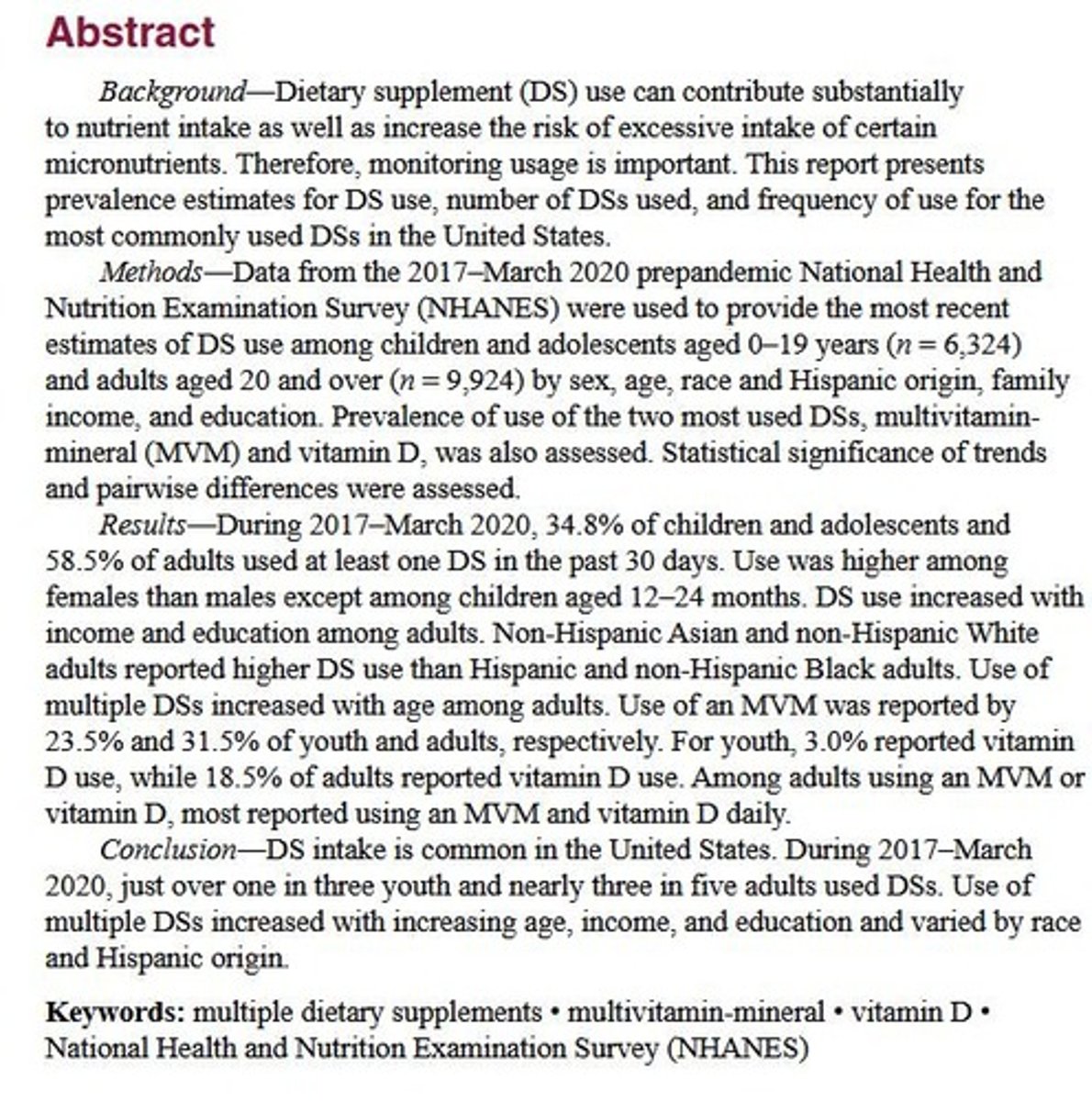Retrospective Databases and Real-World Evidence in Healthcare
1/26
There's no tags or description
Looks like no tags are added yet.
Name | Mastery | Learn | Test | Matching | Spaced | Call with Kai |
|---|
No analytics yet
Send a link to your students to track their progress
27 Terms
Retrospective Databases
Databases analyzing past data for research purposes.
Real-world Evidence
Data collected from real-world settings, not controlled trials.
National Health Surveys
Surveys collecting health data from the US population.
Patient Registries
Systematic data collection about individuals with specific conditions.
Long-term Outcomes
Results measured over extended periods after treatment.
Electronic Medical Records
Digital records of patient health information and care.
Insurance Claims Records
Data used for reimbursement from healthcare providers.
National Health Interview Survey
Survey assessing health status and access to care.

Surveillance for Rare Events
Monitoring infrequent health occurrences or diseases.
Healthcare Cost & Utilization Project
Database analyzing healthcare costs and usage patterns.
Advantages of Registries
Evaluate care without comparators, capturing long-term outcomes.
Disadvantages of Registries
May lack random allocation and require open-label studies.
National Health and Nutrition Examination Survey
Survey assessing health and nutritional status in the US.

Pharmacy Student Research
Utilizing national surveys for academic pharmaceutical studies.
HRQoL Data
Health-related quality of life metrics collected in surveys.
Sensitivity Analyses
Reanalyzing data under varying criteria for robustness.
Selection Bias
Systematic error due to non-random participant selection.
Miscoding/Upcoding
Incorrect coding of medical diagnoses or procedures.
Lag Time
Delay between data collection and availability for analysis.
Formulary Restrictions
Limitations on medications prescribed versus filled.
Generalizability
Applicability of study findings to broader populations.
Inclusion Criteria
Requirements for participant eligibility in a study.
Exclusion Criteria
Conditions that disqualify potential participants from a study.
ICD Codes
International Classification of Diseases codes for diagnoses.
CPT Codes
Current Procedural Terminology codes for medical procedures.
National Cancer Institute
Agency collecting cancer incidence and survival data.
NIH Global Rare Diseases Registry
Repository for data on rare disease patients.